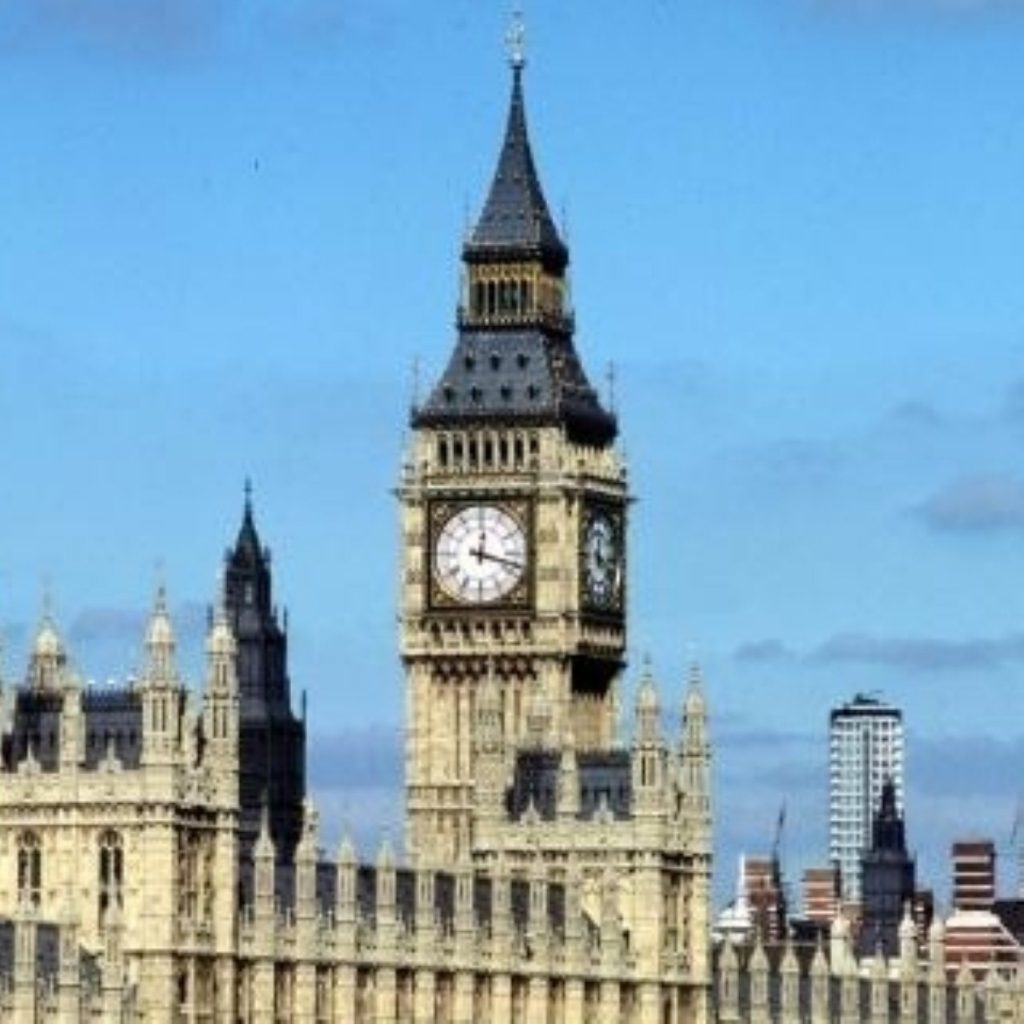Eight nominees for lord speaker job
The deadline for nominations to the new post of speaker of the House of Lords closes today, with eight peers up to for the position.
The £103,000-a-year job was created following the abolition in all but name of the post of lord chancellor, who used to oversee debates, under the Constitutional Reform Act 2005.
Unlike the lord chancellor, the new lord speaker will chair the committee of the whole House – when all the peers discuss a bill together – and act as an ambassador for the House of Lords both in the UK and abroad.
But while the speaker in the House of Commons is responsible for maintaining order among MPs, the new lord speaker will confine his or herself to offering procedural advice to peers during debates.


Among the eight candidates for the new post are former Conservative chief whip in the Lords Viscount Ullwater, whose grandfather, James Lowther, was a speaker in the Commons.
Former Labour leader in the upper House Lord Richard has also been nominated, as has cross-bench peer Lord Boston of Faversham, who was a chairman of committees in the Lords for six years until 2000.
Baroness Hayman, a Labour life peer and chairwoman of the Human Tissue Authority, has been nominated, as has the Countess of Mar, a cross-bencher who was one of the 92 hereditary peers who remained during Labour’s reforms of the upper House in 1997.
Other nominees include former Conservative MP Baroness Fookes, independent life peer Lord Grenfell, and Lord Redesdale, the youngest ever life peer and the Lib Dems’ spokesman on energy in the Lords.
Elections will be held next month and the winner announced on July 5th. The new lord speaker will serve a five-year term, and is allowed to spend no longer than two terms in the job.
- Under the Constitutional Reform Act, the post of lord chancellor, last held by Lord Falconer, remains but is no longer part of all three arms of government – the legislature, the executive and the judiciary.
Responsibility for judicial appointments has now passed to an independent commission, and the future holder of the job of lord chancellor will no longer have to be a lawyer.












